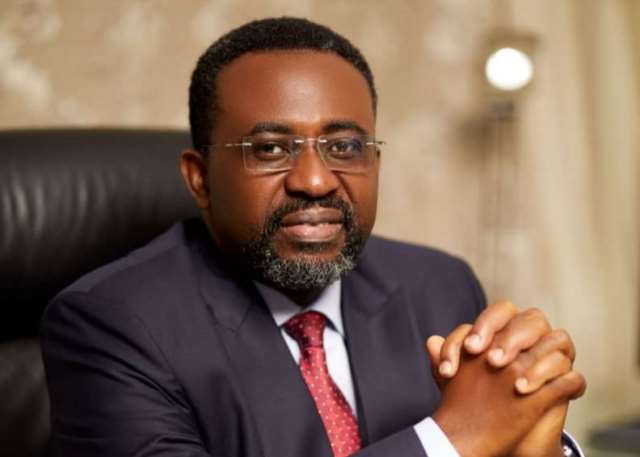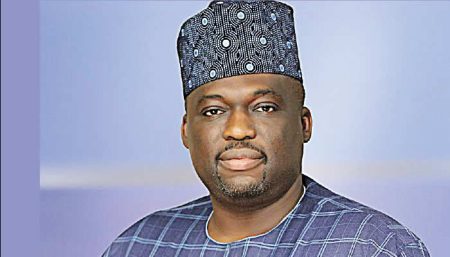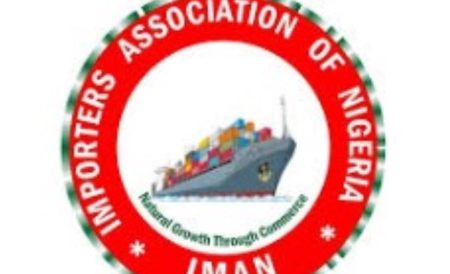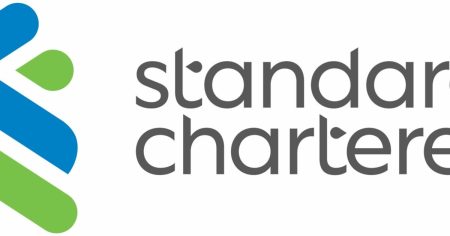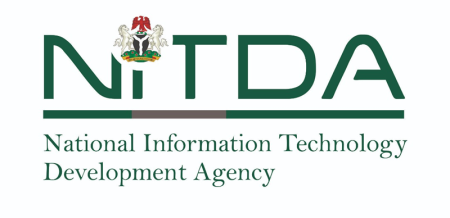Monetary Policy and Financial Stability: Cornerstones of Ghana’s Economic Reset
The Governor of the Bank of Ghana, Dr. Johnson P. Asiama, has articulated a comprehensive vision for Ghana’s economic revitalization, placing monetary policy and financial stability at the core of this transformative agenda. Speaking at the 9th Ghana CEO Summit and Expo, Dr. Asiama outlined the Bank’s strategic priorities, which encompass modernizing the monetary policy framework, bolstering the foreign exchange market, and strengthening the regulatory oversight of the banking sector. These initiatives are aimed at establishing a robust and adaptable financial system, capable of supporting sustainable economic growth and navigating the complexities of the modern financial landscape. He underscored the Bank’s commitment to regulating Virtual Asset Service Providers (VASPs) and implementing Open Banking guidelines as integral components of this modernization effort.
Forward-Looking Supervision and the Private Sector’s Pivotal Role
A key element of the Bank’s strategy is the adoption of forward-looking supervision, a proactive approach designed to anticipate and mitigate emerging financial risks. This approach emphasizes early detection of potential vulnerabilities, building technological resilience within the financial system, promoting sound governance practices, and facilitating effective macroprudential coordination. Dr. Asiama emphasized the importance of the private sector’s active participation in this economic transformation. He challenged the notion of the private sector as a mere observer and emphasized its critical role as a driver of job creation, innovation, risk management, and long-term productivity growth. This collaborative approach recognizes the interconnectedness of the public and private sectors in achieving sustained economic progress.
The CEO Manifesto: A Call to Action for Private Sector Leadership
To galvanize private sector engagement, Dr. Asiama proposed a "CEO Manifesto," outlining four key areas of focus for business leaders: driving productivity through innovation, developing future-ready talent, expanding Ghana’s productive capacity, and fostering resilience and strong corporate governance. This manifesto serves as a roadmap for private sector contributions to national development, encouraging businesses to embrace innovation, invest in human capital, and contribute to the expansion of the country’s productive base. He highlighted the importance of resilience and good governance as crucial elements for long-term sustainability and responsible business practices.
Strengthening Public-Private Partnerships: The Bank of Ghana-CEO Forum
Recognizing the importance of ongoing dialogue and collaboration, Dr. Asiama announced the forthcoming launch of the Bank of Ghana–CEO Forum. This platform will facilitate regular interaction between the central bank and private sector leaders, providing a structured mechanism for sharing insights, aligning policy with market realities, and ensuring a more responsive approach to economic challenges. This initiative reflects the Bank’s commitment to fostering a collaborative environment where public and private sector stakeholders can work together to address common challenges and unlock opportunities for growth.
Safeguarding Financial Stability and Celebrating the Ghana Cedi
Maintaining financial stability remains a paramount objective for the Bank of Ghana. Dr. Asiama emphasized that instability in the financial sector can have cascading negative effects, including hindering credit creation, distorting interest rates, fueling exchange rate volatility, and undermining the effectiveness of monetary policy. He stressed the need for a renewed partnership between public and private sector leadership to rebuild trust, restore confidence, and strategically position the Ghanaian economy for the next decade. This collaborative effort is crucial for creating a stable and predictable economic environment that fosters investment and growth.
Finally, Dr. Asiama announced the upcoming 60th-anniversary celebration of the Ghana cedi, an event that will highlight the importance of a strong and credible national currency. This milestone provides an opportunity to reflect on the evolution of Ghana’s monetary system and reaffirm the commitment to maintaining a stable and resilient currency. The Bank of Ghana’s multifaceted approach, encompassing regulatory innovation, proactive supervision, and a strong emphasis on public-private partnerships, underscores its commitment to creating a resilient and dynamic financial sector capable of driving sustainable economic growth in Ghana. The private sector, empowered by the CEO Manifesto and the Bank of Ghana-CEO Forum, will emerge as a pivotal partner in this transformative journey.





